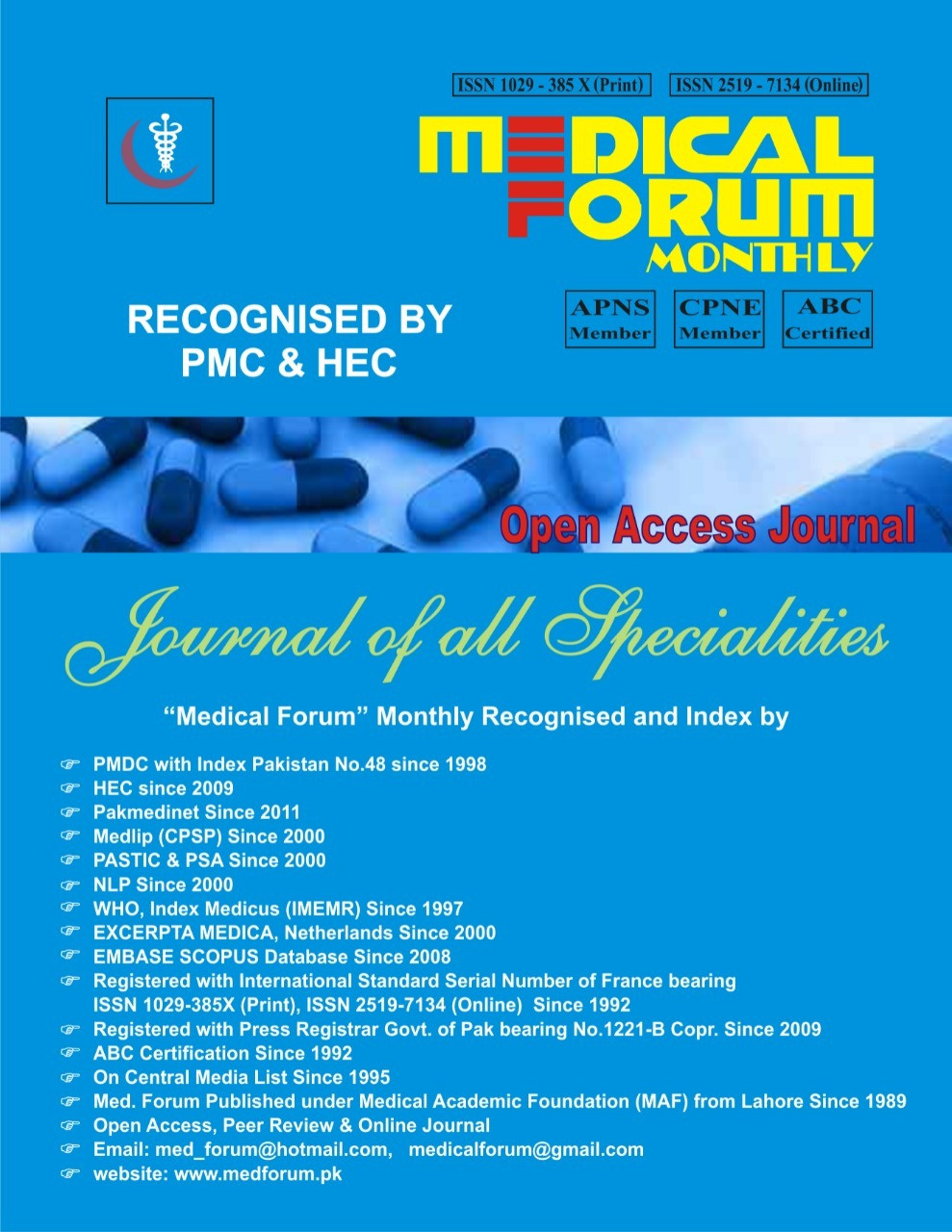
19. Sleep Disorders and Quality of Life in Renal Transplant Recipients
Fazl e Manan1, Akhtar Nawaz2, Waqas3, Siddique Akbar3 and Muhammad Saad Hamid3
ABSTRACT
Objective: The main objective of the study is to find the different sleep disorders and quality of life in renal transplant recipients.
Study Design: A prospective observational study
Place and Duration of Study: This study was conducted at the Institute of Kidney Diseases, Hayatabad Peshawar from November 2020 to October 2023.
Methods: From November 2020 to October 2023, The Institute of Kidney Diseases, Hayatabad Peshawar undertook this prospective observational research. The research included 375 renal transplant patients aged 18–75. Participants had to receive kidney transplantation six months previous to the trial. Using the validated Pittsburgh Sleep Quality Index (PSQI), 375 individuals' sleep characteristics, including disruptions and duration, were examined.
Results: 375 male and female participants provided data. The average age of patients was 54 ± 7.5 years, and the average period of kidney transplant was 10 months. Renal transplant patients had an average PSQI score of 65.1 ± 8.90, suggesting poor sleep quality (PSQI > 5). People had trouble falling asleep (45%) and frequent awakenings (30%), sleeping 6.2 hours on average. After assessing health-related quality of life using SF-36, beneficiaries reported a mean score of 68 ± 9 for physical health and 62 ± 11 for mental health. Age, gender (female), and comorbidities significantly predicted sleep quality (beta coefficients: 0.29, 0.21, and 0.15, p-values < 0.05).
Conclusion: It is concluded that sleep disorders significantly impact the quality of life in renal transplant recipients, as evidenced by the high prevalence of poor sleep quality and its correlation with diminished physical and mental health.
Key Words: Sleep, Disorder, Significantly, Renal transplant, Patients
Citation of article: Manan F, Nawaz A, Waqas, Akbar S, Hamid MS. Sleep Disorders and Quality of Life in Renal Transplant Recipients. Med Forum 2024;35(2):86-89. doi:10.60110/medforum.350219.
